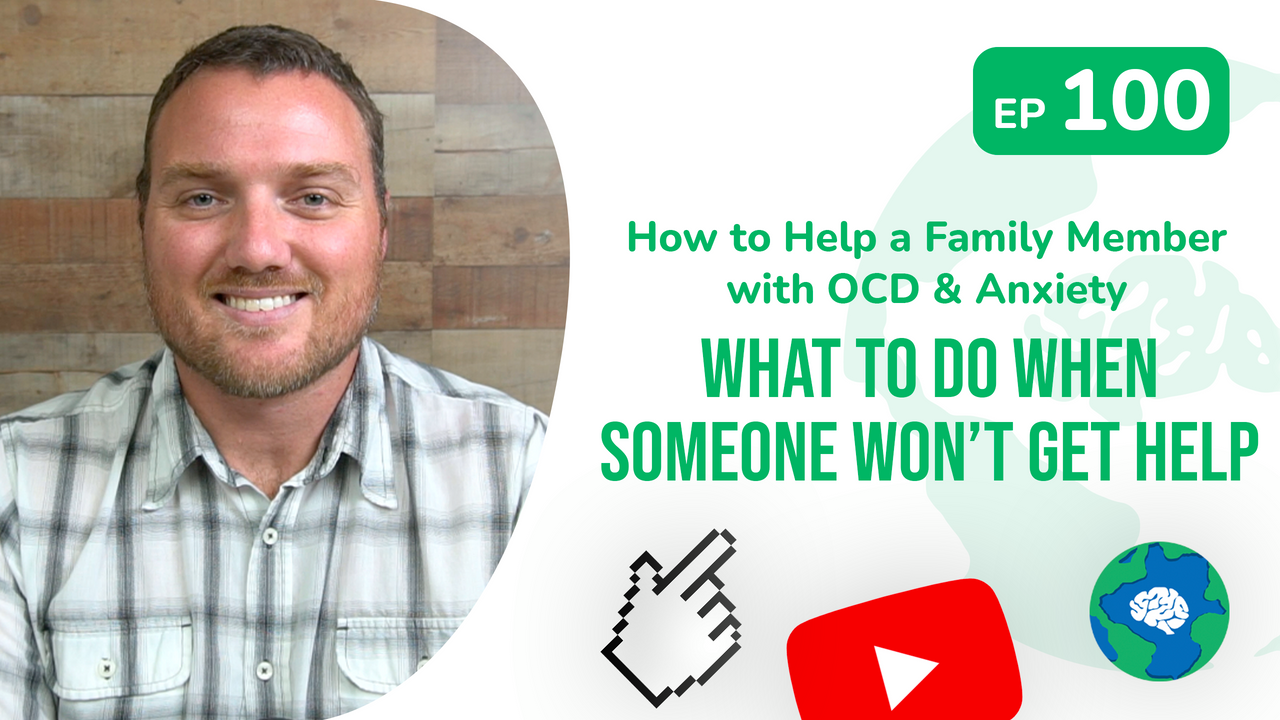How to help a family member with OCD & Anxiety | What to do When Someone Won't Get Help
Jul 13, 2021
How to Help a Family Member with OCD & Anxiety: What to Do When They Won't Get Help
Understanding the Distortion in Perception
One of the core challenges in helping someone with OCD and anxiety is their distorted perception of reality. When a person is trapped in the loop of their obsessive thoughts, they often don't see the problem as we do. Matt references the character Chuck McGill from "Better Call Saul," who is convinced he's allergic to electricity. This example illustrates how deeply rooted and real these fears can feel to the individual, even when they appear irrational to others.
The Family's Silent Struggle
Families often suffer significantly, sometimes even more than the person with OCD, due to the constant need to accommodate and provide reassurance. Although well-intentioned, these actions often exacerbate the OCD loop. The family ends up building their lives around the person's fears, leading to long-term emotional and mental strain.
The Importance of Boundaries
Matt emphasizes that no one can be forced to change until they recognize the need for it themselves. Forcing treatment on someone usually leads to increased conflict and frustration. Instead, setting healthy boundaries is crucial. By accommodating every need, family members inadvertently prevent their loved one from recognizing the severity of their condition.
Secondary Gains and the Role of Incentive
Many individuals with OCD and anxiety receive what is known as "secondary gains" from their situation. For instance, parents might provide for all their child's needs, thereby reducing any incentive for the child to seek change. Matt advises that while support is essential, families should be cautious of enabling behaviors that eliminate the person's incentive to improve.
Seeing the Problem as a Problem
The first step in any recovery process is problem awareness. Individuals need to see their condition as a problem that warrants action. Families play a pivotal role in helping peel back the layers of accommodation to allow the person to understand the impact of their OCD on everyday life.
Conclusion
The journey of helping a loved one with OCD and anxiety is fraught with complexities. By setting boundaries, reducing secondary gains, and fostering an environment where the individual can recognize their need for help, families can encourage long-term recovery. While this process might involve short-term conflicts, it ultimately prevents the escalation of unresolved issues.


